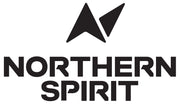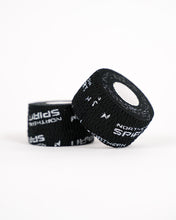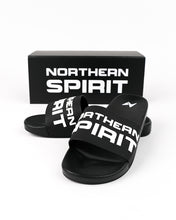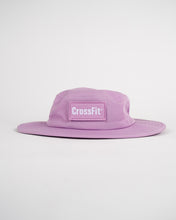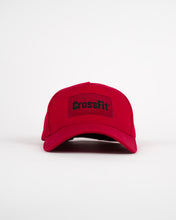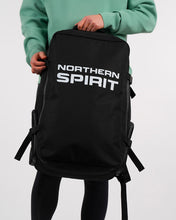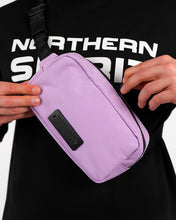DTF (Direct To Film) printing is a digital printing technique on film that enables transferring designs onto textiles using a special printer and specific ink.
This technique provides high-quality results with vibrant colors and excellent wash resistance.
It also allows printing on a wide variety of textiles, including dark fabrics and thick materials, offering great flexibility in terms of design.

WHEN DTF MEETS ECO-FRIENDLINESS
Digital printing using the DTF (Direct-to-Film) technique is a recent technological advancement in the field of textile marking, offering numerous ecological advantages compared to traditional marking methods. This revolutionary method has proven its sustainability and environmental friendliness.
Here are some of its main ecological benefits:
Waste Reduction
DTF printing eliminates the need for screen printing screens. These screens contain plastic materials, metals, and harmful chemicals and are not constantly reused afterward. By avoiding their use, DTF printing significantly reduces the production of solid and chemical waste.
Less Water Consumption
Unlike traditional textile inks used in screen printing, which require large amounts of water to rinse excess ink from screens, DTF printing uses much less water. This method thus limits the consumption of a precious resource and contributes to the preservation of water resources.

Less Ink Usage
DTF printing, thanks to the new technologies embedded in our machines, allows for more efficient ink usage because it only prints the necessary amount for each design, eliminating ink waste. Moreover, our DTF inks are formulated to be water-based and environmentally friendly (our inks are OEKO-TEX certified and do not contain heavy metals), reducing the overall environmental impact.
Reduced Energy Consumption
Traditional textile marking methods, such as screen printing and sublimation, often require intensive energy use to heat the inks. DTF printing significantly reduces energy consumption since it doesn't require complex heating processes. Inks and powder are only heated for a few seconds compared to several minutes for screen printing, and the temperatures used are also lower.
Fewer Harmful Chemicals
Traditional textile marking techniques involve the use of toxic chemicals to fix inks. For example, Direct To Garment (DTG) digital printing requires chemical pretreatment of textiles for ink adhesion. For screen printing, inks are often formulated with chemicals to improve their long-term durability and adhesion to textiles. In contrast, DTF printing uses more environmentally friendly inks that do not contain heavy metals, reducing exposure to hazardous substances for workers and the environment.

Personalization and Reduced Stock
DTF printing allows for easy textile customization, which means companies don't need to mass-produce and maintain large inventories of pre-printed clothing. This limits overproduction, thus reducing the waste of unsold textiles.
In conclusion, DTF digital printing represents a significant advancement in the textile marking sector in terms of environmental impact. With its benefits in waste reduction, water and energy consumption, and the use of harmful chemicals, this technique offers a more sustainable solution for textile customization. It meets the growing demand for environmentally friendly products while providing exceptional print quality. For businesses and brands concerned about their ecological footprint, DTF printing is a promising option for their textile marking activities.
Article from our partner's website Harres Communication.
More details on the website https://harrescommunication.com/
